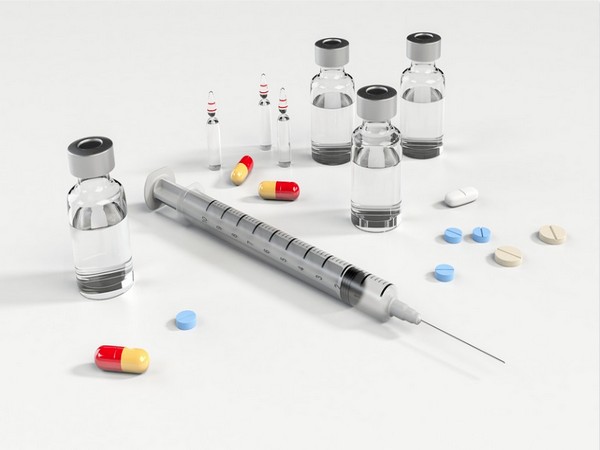UN Health Expert Welcomes South Africa’s Move to End Syringe Confiscations
Mofokeng called on all UN Member States to integrate harm reduction programmes into universal health coverage, stressing that this is vital to advancing public health and achieving better global outcomes.

The UN Special Rapporteur on the right to health, Tlaleng Mofokeng, has welcomed reports that the South African Police Service (SAPS) has issued a directive to stop the unnecessary confiscation of syringes and needles, describing the step as a positive development for public health and human rights.
A Step Toward Harm Reduction
Mofokeng said the directive aligns with international recommendations on harm reduction, particularly those she has advanced in her previous UN reports. Needle and syringe programmes, she stressed, are essential health interventions that support the right to health and the right to benefit from scientific progress.
“This development supports recommendations I have previously made in my reports with regards to harm reduction policy tools, to include needle and syringe programmes as an essential component to the right to health,” Mofokeng said.
Ending Counterproductive Policing
The Special Rapporteur urged all countries to end law enforcement practices that undermine public health, such as seizing or destroying injection equipment or prosecuting healthcare providers who offer harm reduction services. Such measures, she noted, discourage people from seeking health support, increase stigma, and worsen health outcomes.
“Governments must facilitate drug laws and policies at the domestic level that are centred on people’s dignity, public health and human rights,” Mofokeng said. “They must be grounded in the best available evidence and free from conflicts of interest.”
Human Rights and the Right to Health
While applauding South Africa’s move, Mofokeng underlined the broader need for states to fully align domestic drug policies with international human rights standards. This includes ensuring that health services are:
-
Available – accessible to all who need them.
-
Acceptable – respectful of dignity and cultural contexts.
-
Accessible – free from discrimination and financial barriers.
-
Of quality – meeting scientific and medical standards.
She emphasized that punitive approaches to drug use often lead to criminalisation, stigmatisation, and discrimination, which become structural barriers to accessing essential services and establishing trust between patients and health providers.
Call for Universal Health Integration
Mofokeng called on all UN Member States to integrate harm reduction programmes into universal health coverage, stressing that this is vital to advancing public health and achieving better global outcomes.
“It is essential to ensure that people do not have to fear legal consequences when they access services,” she said. “Harm reduction is not only about preventing infections or overdoses—it is about upholding dignity, advancing human rights, and protecting public health.”
A Model for Other Countries
Public health advocates see South Africa’s new directive as an important precedent. By curbing counterproductive policing practices, the government is helping to strengthen the country’s harm reduction infrastructure and improve the lives of people who use drugs.
The Special Rapporteur concluded by urging other governments to follow suit, noting that aligning national policies with evidence-based, rights-centred approaches is the most effective way to address drug-related harms and improve health outcomes worldwide.
ALSO READ
Allahabad High Court Halts Probe into Madrassas: A Human Rights Tug of War
Global Concerns Raised Over Human Rights Erosion in South Asia
Escalating Repression: Human Rights Violations in Russia
Empowering South: Enhancing Human Rights Capacity in the Global South
Fatal Sewer Accident in Delhi Sparks Human Rights Inquiry










